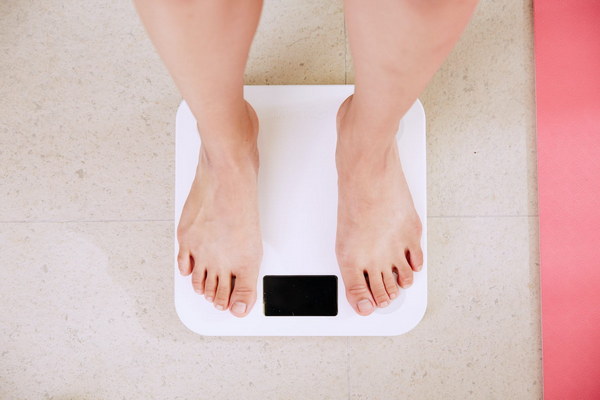How to Cleanse Your Lungs After Inhaling Dense Black Smoke
Inhaling dense black smoke, whether from fires, industrial emissions, or other sources, can be harmful to your lungs and overall health. The soot and particles present in the smoke can cause irritation, inflammation, and even long-term damage. However, there are ways to help cleanse your lungs and alleviate the effects of exposure to dense black smoke. In this article, we will discuss the steps you can take to clear your lungs and improve your respiratory health after inhaling dense black smoke.
1. Stay Hydrated
Drinking plenty of water is crucial for cleansing your lungs. Water helps to thin mucus, making it easier to expel the soot and particles from your respiratory system. Aim to drink at least 8 glasses of water a day, and increase your intake if you are sweating or experiencing respiratory symptoms.
2. Use a Humidifier
Humidifiers add moisture to the air, which can help to alleviate respiratory symptoms and make it easier to cough up mucus. This is especially important if you are living in a dry environment or during cold weather when indoor air tends to be dry. Ensure that your humidifier is clean to prevent the spread of bacteria or viruses.
3. Perform Breathing Exercises
Breathing exercises can help to improve lung function and clear out trapped particles in your respiratory system. Try the following exercises:

- Deep Breathing: Inhale deeply through your nose, filling your lungs completely, and then exhale slowly through your mouth. Repeat this for several minutes.
- Pursed Lip Breathing: Inhale slowly through your nose and exhale through pursed lips as if you were whistling. This technique can help to control your breathing and make it easier to cough up mucus.
- Coughing: Coughing can help to expel trapped particles and mucus from your lungs. Practice coughing deeply, but avoid harsh coughing that can damage your lungs.
4. Avoid Exposure to Irritants
After inhaling dense black smoke, it's important to avoid exposure to other respiratory irritants such as dust, pollen, and smoke from other sources. This will help to prevent further irritation and damage to your lungs.
5. Use Over-the-Counter Medications
Over-the-counter medications can help to alleviate respiratory symptoms and promote lung health. Consider the following:
- Decongestants: Help to clear mucus from your respiratory system.
- Antihistamines: Can reduce inflammation and allergy symptoms.
- Bronchodilators: Help to open up airways and improve breathing.
6. Seek Professional Help
If you experience severe respiratory symptoms or if your symptoms persist for an extended period, it's important to seek professional medical help. A healthcare provider can assess your condition and recommend appropriate treatments, such as inhalers or prescription medications.
7. Adopt a Healthy Lifestyle
Maintaining a healthy lifestyle can help to improve your overall respiratory health and make it easier to recover from exposure to dense black smoke. This includes:
- Avoiding smoking and secondhand smoke.
- Eating a balanced diet rich in fruits, vegetables, and antioxidants.
- Engaging in regular physical activity to improve lung function.
- Getting enough sleep and managing stress levels.
In conclusion, inhaling dense black smoke can be harmful to your lungs, but there are ways to help cleanse your lungs and improve your respiratory health. By staying hydrated, using a humidifier, performing breathing exercises, avoiding irritants, using over-the-counter medications, seeking professional help, and adopting a healthy lifestyle, you can help protect your lungs and promote overall well-being.









